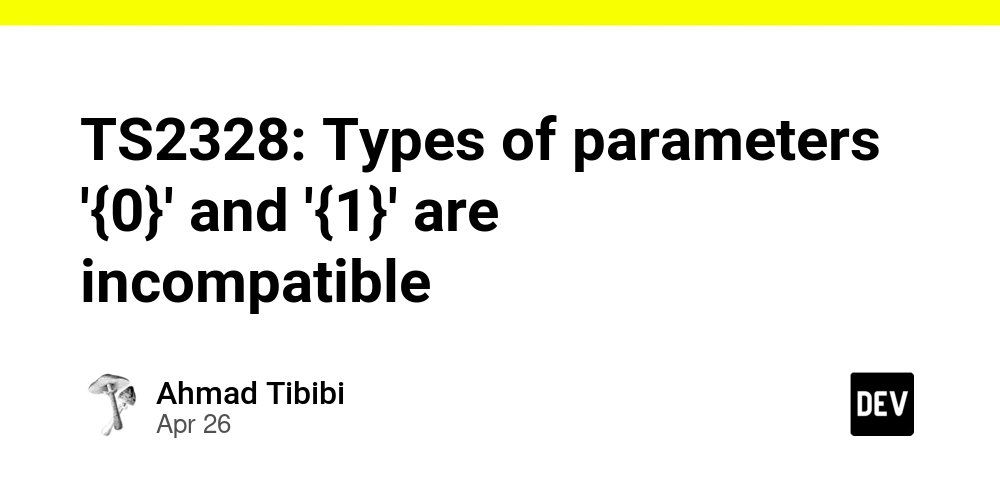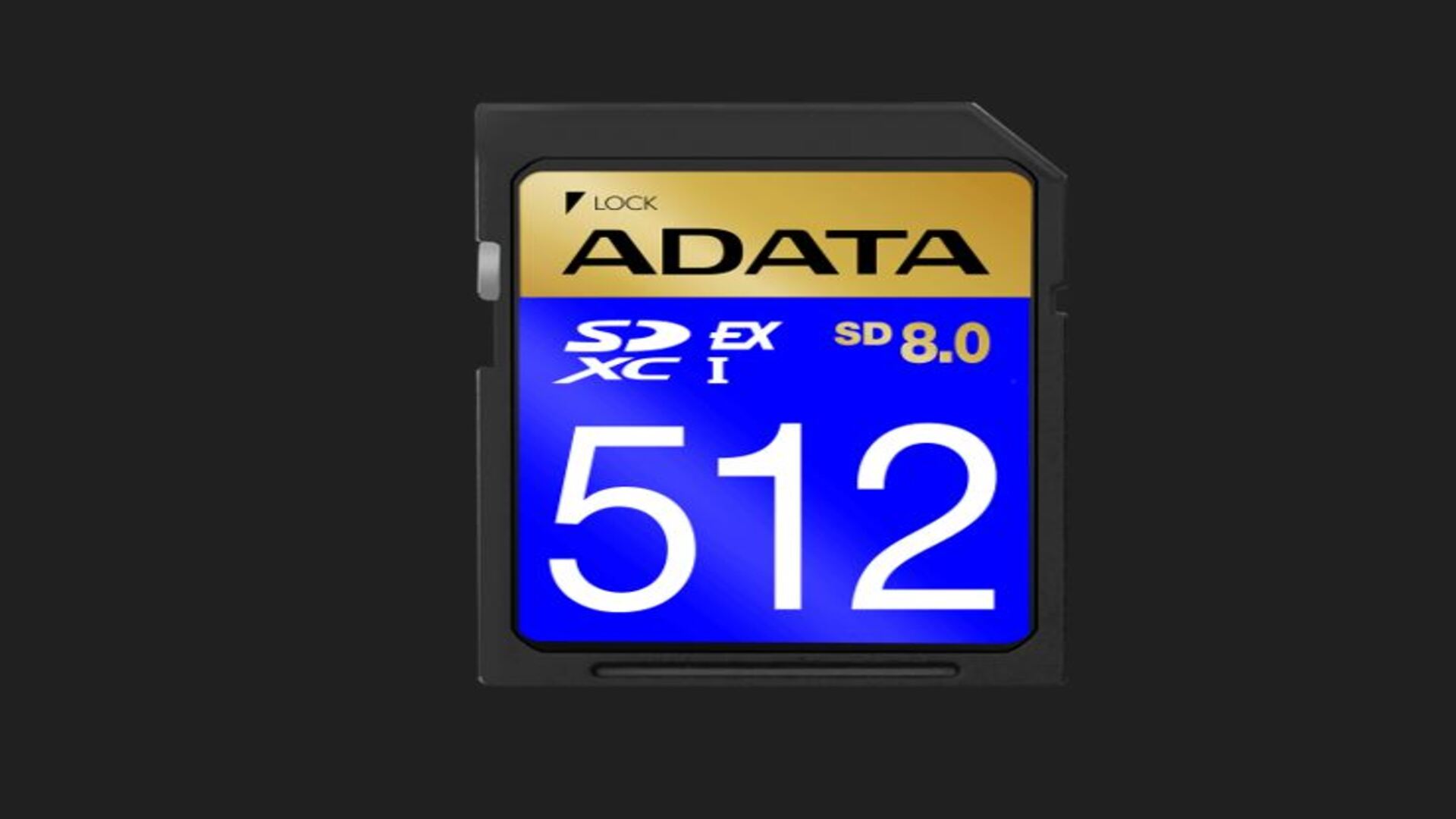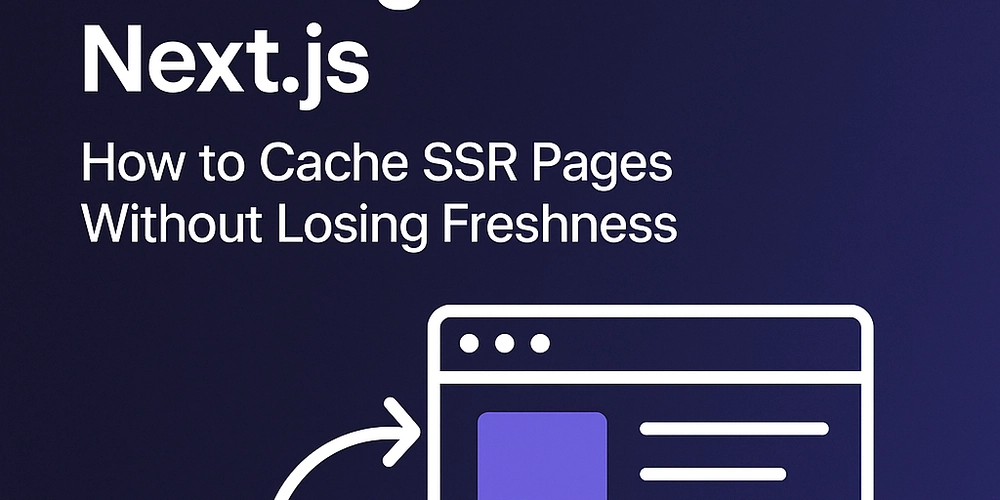TS2328: Types of parameters '{0}' and '{1}' are incompatible
TS2328: Types of parameters '{0}' and '{1}' are incompatible TypeScript is an open-source, strongly typed programming language that builds on JavaScript by adding static types. It provides developers with robust tooling for catching errors at compile-time, improving the reliability and readability of their codebases. One of the key benefits of TypeScript is its type system (rules that define variable or function inputs/outputs), which helps developers define the shape and nature of data structures, ensuring fewer runtime bugs. Types are one of the foundational building blocks in TypeScript. They allow developers to specify the kind of values (e.g., numbers, strings, booleans, objects) that variables, parameters, or function returns should have. By doing so, TypeScript ensures that the code adheres to expected values during development. Because of its type system, TypeScript catches many bugs early, but as developers deal with complex data, they can occasionally encounter confusing errors like TS2328: Types of parameters '{0}' and '{1}' are incompatible. If you want to dive deeper into TypeScript concepts or explore AI-powered code learning tools, make sure to visit gpteach.us and enhance your coding journey! In this article, we’ll explore the TS2328 error, what causes it, and how to fix it along with other related TypeScript concepts. Before that, let’s briefly understand one related topic: interfaces. What are Interfaces? In TypeScript, interfaces are a way to define the shape of an object. They act as contracts, specifying what properties or methods an object must have (and their types). Interfaces are useful for enforcing structure in objects and making your code predictable. Here's an example: interface User { name: string; // A User must have a 'name' property with a string type age: number; // A User must have an 'age' property with a number type } function greet(user: User): void { console.log(`Hello, ${user.name}!`); } // Valid const user1 = { name: "Alice", age: 30 }; greet(user1); // Invalid - This will cause an error because 'email' is not part of the User interface const user2 = { name: "Bob", email: "bob@example.com" }; greet(user2); Interfaces improve code safety and readability by ensuring that objects conform to a defined structure. If something doesn't conform, TypeScript will throw an error, like “property missing from type.” The TS2328 error can also arise when interfaces don’t match expected type structures between parameters. TS2328: Types of parameters '{0}' and '{1}' are incompatible Now, let’s get into the heart of this article. The TS2328 error occurs when TypeScript detects a mismatch between the types of parameters expected by a function/method and the types of parameters provided during its invocation. This error ensures that your functions are used properly and that the provided data matches the expected structure. In simple terms, it means, "Hey! You are trying to pass the wrong type of data into this function or method, and I’m going to stop you before it causes trouble later." Common Causes of TS2328 Here are the most common scenarios that lead to the TS2328: Types of parameters '{0}' and '{1}' are incompatible error: Mismatched object structures (e.g., using an incorrect interface type). Incorrect function arguments or wrong data passed where specific types are needed. Inconsistent type definitions across different parts of code. Let's look into these causes with examples and solutions. Example 1: Mismatched Interface in Parameters interface Employee { id: number; name: string; } function printEmployeeDetails(emp: Employee): void { console.log(`ID: ${emp.id}, Name: ${emp.name}`); } // Calling the function with a mismatched parameter type const manager = { managerId: 101, name: "John Smith" }; printEmployeeDetails(manager); // Error TS2328 Error Explanation: The function printEmployeeDetails expects an object that adheres to the Employee interface (it must have id and name). However, the manager object does not satisfy this structure because it doesn’t have the required id property. Therefore, TS2328 is raised. Solution: Fix the mismatched data by ensuring the passed object conforms to the Employee interface. const manager = { id: 101, name: "John Smith" }; // Fix: Add 'id' printEmployeeDetails(manager); // Works fine now Example 2: Incorrect Data Type Passed function calculateSquare(num: number): number { return num * num; } // Error: Passing a string instead of a number const result = calculateSquare("4"); // TS2328 Error Explanation: The calculateSquare function expects a parameter of type number. However, in the above example, the argument passed is a string ("4"). Since TypeScript enforces strict type safety, it throws the TS2328 error. Solution: Ensure the parameter matches the expe

TS2328: Types of parameters '{0}' and '{1}' are incompatible
TypeScript is an open-source, strongly typed programming language that builds on JavaScript by adding static types. It provides developers with robust tooling for catching errors at compile-time, improving the reliability and readability of their codebases. One of the key benefits of TypeScript is its type system (rules that define variable or function inputs/outputs), which helps developers define the shape and nature of data structures, ensuring fewer runtime bugs.
Types are one of the foundational building blocks in TypeScript. They allow developers to specify the kind of values (e.g., numbers, strings, booleans, objects) that variables, parameters, or function returns should have. By doing so, TypeScript ensures that the code adheres to expected values during development. Because of its type system, TypeScript catches many bugs early, but as developers deal with complex data, they can occasionally encounter confusing errors like TS2328: Types of parameters '{0}' and '{1}' are incompatible. If you want to dive deeper into TypeScript concepts or explore AI-powered code learning tools, make sure to visit gpteach.us and enhance your coding journey!
In this article, we’ll explore the TS2328 error, what causes it, and how to fix it along with other related TypeScript concepts. Before that, let’s briefly understand one related topic: interfaces.
What are Interfaces?
In TypeScript, interfaces are a way to define the shape of an object. They act as contracts, specifying what properties or methods an object must have (and their types). Interfaces are useful for enforcing structure in objects and making your code predictable.
Here's an example:
interface User {
name: string; // A User must have a 'name' property with a string type
age: number; // A User must have an 'age' property with a number type
}
function greet(user: User): void {
console.log(`Hello, ${user.name}!`);
}
// Valid
const user1 = { name: "Alice", age: 30 };
greet(user1);
// Invalid - This will cause an error because 'email' is not part of the User interface
const user2 = { name: "Bob", email: "bob@example.com" };
greet(user2);
Interfaces improve code safety and readability by ensuring that objects conform to a defined structure. If something doesn't conform, TypeScript will throw an error, like “property missing from type.” The TS2328 error can also arise when interfaces don’t match expected type structures between parameters.
TS2328: Types of parameters '{0}' and '{1}' are incompatible
Now, let’s get into the heart of this article. The TS2328 error occurs when TypeScript detects a mismatch between the types of parameters expected by a function/method and the types of parameters provided during its invocation. This error ensures that your functions are used properly and that the provided data matches the expected structure.
In simple terms, it means, "Hey! You are trying to pass the wrong type of data into this function or method, and I’m going to stop you before it causes trouble later."
Common Causes of TS2328
Here are the most common scenarios that lead to the TS2328: Types of parameters '{0}' and '{1}' are incompatible error:
- Mismatched object structures (e.g., using an incorrect interface type).
- Incorrect function arguments or wrong data passed where specific types are needed.
- Inconsistent type definitions across different parts of code.
Let's look into these causes with examples and solutions.
Example 1: Mismatched Interface in Parameters
interface Employee {
id: number;
name: string;
}
function printEmployeeDetails(emp: Employee): void {
console.log(`ID: ${emp.id}, Name: ${emp.name}`);
}
// Calling the function with a mismatched parameter type
const manager = { managerId: 101, name: "John Smith" };
printEmployeeDetails(manager); // Error TS2328
Error Explanation:
The function printEmployeeDetails expects an object that adheres to the Employee interface (it must have id and name). However, the manager object does not satisfy this structure because it doesn’t have the required id property. Therefore, TS2328 is raised.
Solution:
Fix the mismatched data by ensuring the passed object conforms to the Employee interface.
const manager = { id: 101, name: "John Smith" }; // Fix: Add 'id'
printEmployeeDetails(manager); // Works fine now
Example 2: Incorrect Data Type Passed
function calculateSquare(num: number): number {
return num * num;
}
// Error: Passing a string instead of a number
const result = calculateSquare("4"); // TS2328
Error Explanation:
The calculateSquare function expects a parameter of type number. However, in the above example, the argument passed is a string ("4"). Since TypeScript enforces strict type safety, it throws the TS2328 error.
Solution:
Ensure the parameter matches the expected data type.
const result = calculateSquare(4); // Correctly passing a number
console.log(result); // Outputs: 16
Important to Know!
- Always Define Parameter Types: When TypeScript cannot infer the type of parameters, explicitly define the type to catch issues early. For example:
function sum(a: number, b: number): number {
return a + b;
}
Use Interfaces for Objects: Define interfaces for complex objects to provide clarity and ensure compatibility within your code.
Check Function Signatures: Mismatched types often arise from misunderstanding the function/method signature. Be sure to check the expected types if TS2328 pops up.
Example 3: Generic Parameter Mismatch
Sometimes, TS2328 can show up when working with generics (flexible types that can adapt).
function doSomething<T>(input: T): T {
return input;
}
interface User {
username: string;
}
const user: User = { username: "Alice" };
// Mismatched types
const result: string = doSomething(user); // TS2328
Error Explanation:
The generic function doSomething returns whatever type is passed in (T). But in the example, user (of type User) is passed, yet the result is being assigned to a variable of type string. This type mismatch causes TS2328.
Solution:
Match the types properly, or let TypeScript infer the types correctly.
const result: User = doSomething(user); // Correct
console.log(result.username); // Outputs: Alice
FAQ: Solving TS2328 Errors
Q: Do I need to define types for every parameter?
A: Not always. TypeScript can infer types in many cases. However, when dealing with complex objects or generic types, it’s highly recommended to define types explicitly.
Q: Can interfaces and types be used interchangeably?
A: Often, yes. Both are used to define the shapes of objects. However, interfaces are more extensible (can be merged).
Q: Why does TS2328 mention '{0}' and '{1}'?
A: The placeholders {0} and {1} in the error message represent type details. TypeScript will replace these with the actual mismatched types in your environment.
Recap
The TS2328: Types of parameters '{0}' and '{1}' are incompatible error safeguards your TypeScript code by ensuring that inputs to functions or methods match their type signatures. Common causes include mismatched interfaces, passing incorrect data types, and misunderstanding generic definitions. By carefully working with TypeScript's type system and tools like interfaces, you can catch such issues before runtime and make your code more robust.
If you’re keen to master TypeScript, explore additional resources, or leverage AI tools like gpteach.us, you’re one step closer to being a TypeScript star! Keep learning and coding with confidence.































































































































































![[The AI Show Episode 143]: ChatGPT Revenue Surge, New AGI Timelines, Amazon’s AI Agent, Claude for Education, Model Context Protocol & LLMs Pass the Turing Test](https://www.marketingaiinstitute.com/hubfs/ep%20143%20cover.png)


























































































































![[FREE EBOOKS] AI and Business Rule Engines for Excel Power Users, Machine Learning Hero & Four More Best Selling Titles](https://www.javacodegeeks.com/wp-content/uploads/2012/12/jcg-logo.jpg)











































































































































































































































![Hostinger Horizons lets you effortlessly turn ideas into web apps without coding [10% off]](https://i0.wp.com/9to5mac.com/wp-content/uploads/sites/6/2025/04/IMG_1551.png?resize=1200%2C628&quality=82&strip=all&ssl=1)



![This new Google TV streaming dongle looks just like a Chromecast [Gallery]](https://i0.wp.com/9to5google.com/wp-content/uploads/sites/4/2025/04/thomson-cast-150-google-tv-1.jpg?resize=1200%2C628&quality=82&strip=all&ssl=1)












![Apple Drops New Immersive Adventure Episode for Vision Pro: 'Hill Climb' [Video]](https://www.iclarified.com/images/news/97133/97133/97133-640.jpg)

![Most iPhones Sold in the U.S. Will Be Made in India by 2026 [Report]](https://www.iclarified.com/images/news/97130/97130/97130-640.jpg)



































































































































